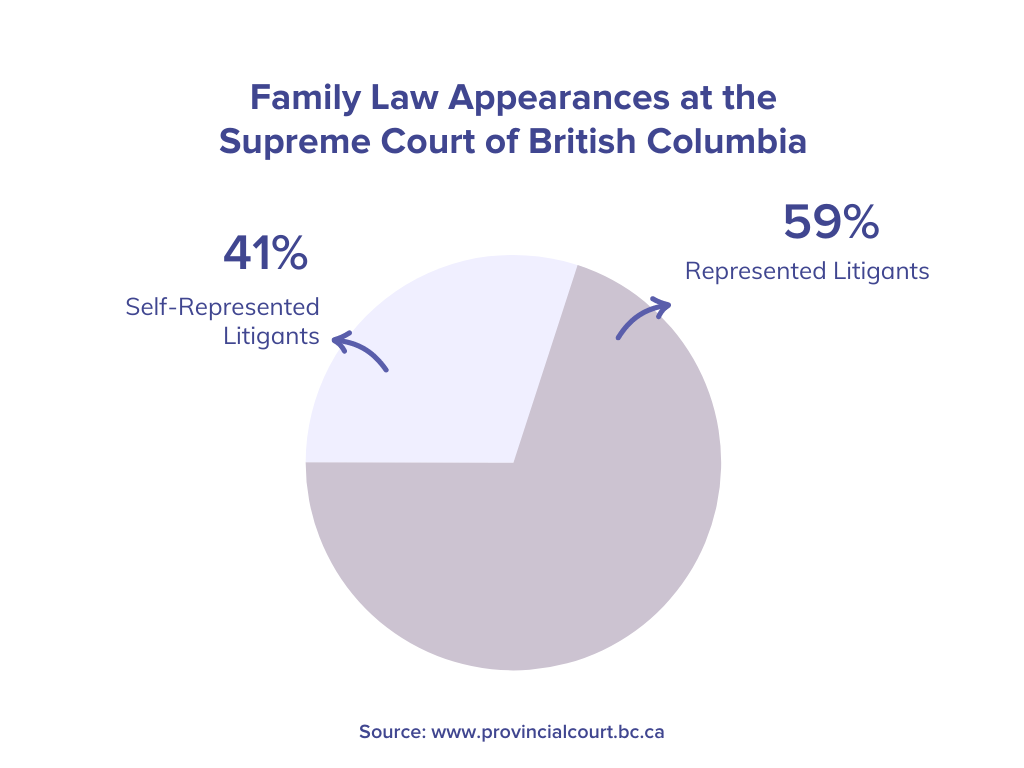What is a Quitclaim deed and Why Do I need one in a Divorce in AL
What is a quit claim deed and why do I need one if a house was acquired during the marriage but my spouse is not showing on the deed? A quitclaim deed in Alabama is a document that transfers ownership of an interest in a property from one party to another. The grantor is the party that is giving their ownership interest and the grantee is the party that is paying for the interest. Quitclaim deeds are the quickest way to transfer property from one person to another at a real estate closing in Alabama. Quitclaim deeds offer no protection to the buyer because it is only a means of transferring the interests as fast as possible. 
In Alabama the quitclaim deed does not ensure that the current owner has clear title to the property. Quitclaim deeds are commonly used when the property is being transferred: to a spouse

